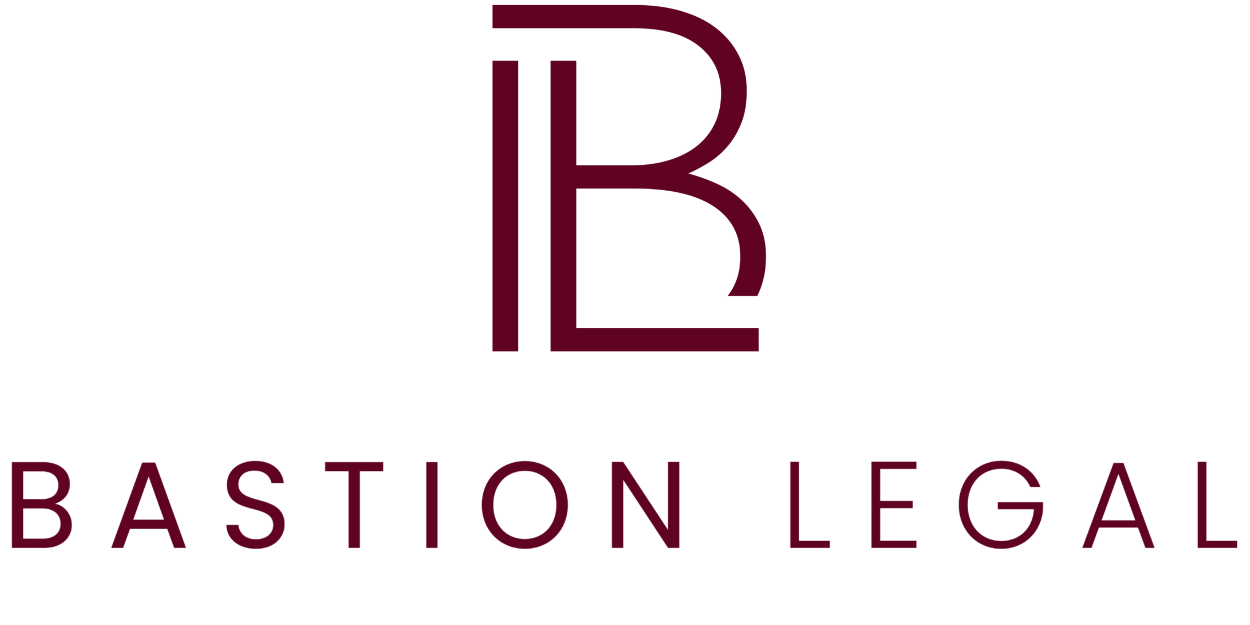Moore v Goldhagen [2024] VSCA 25
Facts
The case of Moore v Goldhagen involves a claim for damages following an incident in September 2017, where Mr. Moore (“the applicant”) alleged that he was injured while attempting to board a bus at a bus stop in Moorabbin. The applicant alleged that the bus driver (“the respondent”) closed the doors and drove off, causing him to fall and sustain injuries. He made reports to both Victoria Police and the Transport Accident Commission (“TAC”), which recorded details of the incident, including that the bus may have mounted the kerb. Mr. Moore denied ever making such a statement and contested the accuracy of the reports. The case centred on whether the contents of these reports could be used as evidence against Mr. Moore, given the contradictions between his oral testimony and the statements recorded in the reports.
Principles used to come to decision
The primary legal issue was the admissibility of the police and TAC reports, particularly in light of the prior inconsistent statements allegedly made by the applicant to officers. The trial court had made references to these reports, but neither report had been formally tendered into evidence. The principles of cross-examination and the Evidence Act 2008 (Vic) (“EA”) were pivotal in determining the propriety of using these reports. Specifically, sections 43 and 44 of the EA were applied to assess the handling of prior inconsistent statements and representations made by persons other than the witness. Section 43 allows for cross-examination about prior inconsistent statements, but for those statements to be admitted, the conditions outlined in the EA, such as identifying the statement and allowing the witness to address its inconsistencies, must be met. Similarly, section 44 governs the use of representations made by others, and it requires proper procedures for the presentation of such evidence, particularly when it is contained in a document not directly linked to the witness.
The appeal court found that whilst counsel for the respondent had attempted to use the reports to challenge the applicants testimony, they had not followed the necessary steps to properly admit the reports. There was no application made to tender the reports under relevant hearsay exceptions or the "business records" provision in the EA. Furthermore, the trial judge did not make any formal ruling on whether these reports would be admissible.
Decision
The appeal court found in favour of the applicant, concluding that there had been a miscarriage of justice in the original trial. The trial judge had incorrectly relied on the contents of the police and TAC reports, which had not been formally admitted into evidence. The appeal court ruled that there was no admissible evidence to support the claims made in the reports about the bus mounting the kerb, which were central to the judge's findings. As a result, the original judgment was set aside, and the case was ordered to be retried in the County Court before a judge alone. The appeal court emphasised the need for proper adherence to the rules of evidence and fairness in admitting prior inconsistent statements.
Lessons/New Principles
Properly adhering to the rules of the EA was the primary issue in this case, particularly when dealing with prior inconsistent statements and representations made by third parties. This case highlights that cross-examination cannot be treated as a substitute for formal admission of documents into evidence. However, the case also illustrates that legal counsel must ensure that documents and statements are either tendered appropriately or introduced through the proper legal channels to avoid potential errors in judgment. The decision reinforces the principle that judicial references to documents or statements not admitted into evidence are impermissible and cannot form the basis for a finding of fact. The case further clarifies the application of the EA in situations where prior statements are disputed and demonstrates the need for careful procedural handling in cross-examination and document admission.
How we can assist…
At Bastion Legal, we help everyday Australians navigate complex legal issues with practical, straightforward advice. Our team is dedicated to resolving disputes, protecting rights, and achieving fair outcomes. Whatever challenge you’re facing, we provide clear guidance, strong representation, and practical solutions tailored to your situation.
If you’re facing a situation like the one discussed above, you do not need to face these issues alone. We’re here to protect your interests and work towards the outcome you deserve.
Contact us today for a free consultation and take the next step with confidence.
